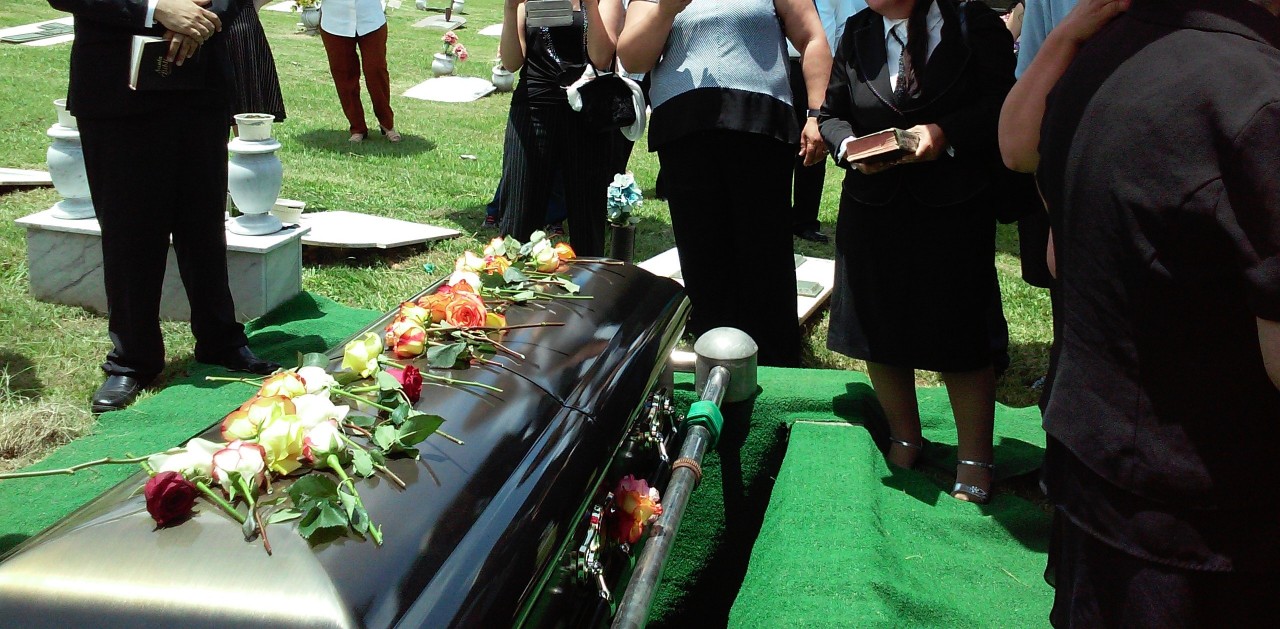When we look at the history of the church, the position of youth minister is a relatively new slot on a church staff. After WWII, the influx of children (known as the Baby Boom) impacted the church in such a way that child care and youth ministries were developed to deal with the blessing of numbers.
Programs and camps were developed to make the worship experience fun and something where they would want to bring their friends. Building programs and bigger budgets for children and youth ministries were developed for the explosion of kids.
This is good! Children and youth mean families. Until their junior or senior year in high school, mom or dad have to bring Timmy or Sally to church. It is very important that we invest deeply into our youth, because, until they accept Christ as Lord and Savior, their eternal destination is condemned.
Here is the challenge for the church today. What happens after high school? The next 60 or 70 years usually does not involve dodgeball and Dr. Pepper after every service or any opportunity to attend an immersive Christian camp where in isolation you are encouraged to re-evaluate your spiritual condition.
Unfortunately, (using very round numbers) if a youth group runs 100 each Sunday, the college class runs 20. I know there are churches out there that would love to run 120 each week—I’m just using easy to follow numbers. This percentage seems to run close to true at every church I have been at and for my pastor friends at other churches. Where did the other 80 percent go?
We observe that some leave for a while to check out what the world has to offer and come back after they are married and have kids of their own. We know some get plugged in to Baptist Collegiate Ministries or Navigators or FCA or some other collegiate ministry model. Many “new” churches are trying to recreate the camp worship experience every Sunday for young adults. Coffee shops in the foyer; lights, sound, fog, cameras and giant video screens.
At some point we look in the mirror and say “Now what?” Worship and being a Christian is not something we do for a couple of hours on Sunday morning or until you graduate from high school and are in control of your own destiny. It matters how we live the rest of our lives. Hebrews 2:1-3 says “For this reason we must pay much closer attention to what we have heard, so that we do not drift away from it. For if the word spoken through angels proved unalterable, and every transgression and disobedience received a just penalty, how will we escape if we neglect so great a salvation?”
The church needs to be an abode, a home, a sanctuary, a refuge, not a theater or restaurant. It should be where we live life, not just a place we visit to feel good… especially after high school.




